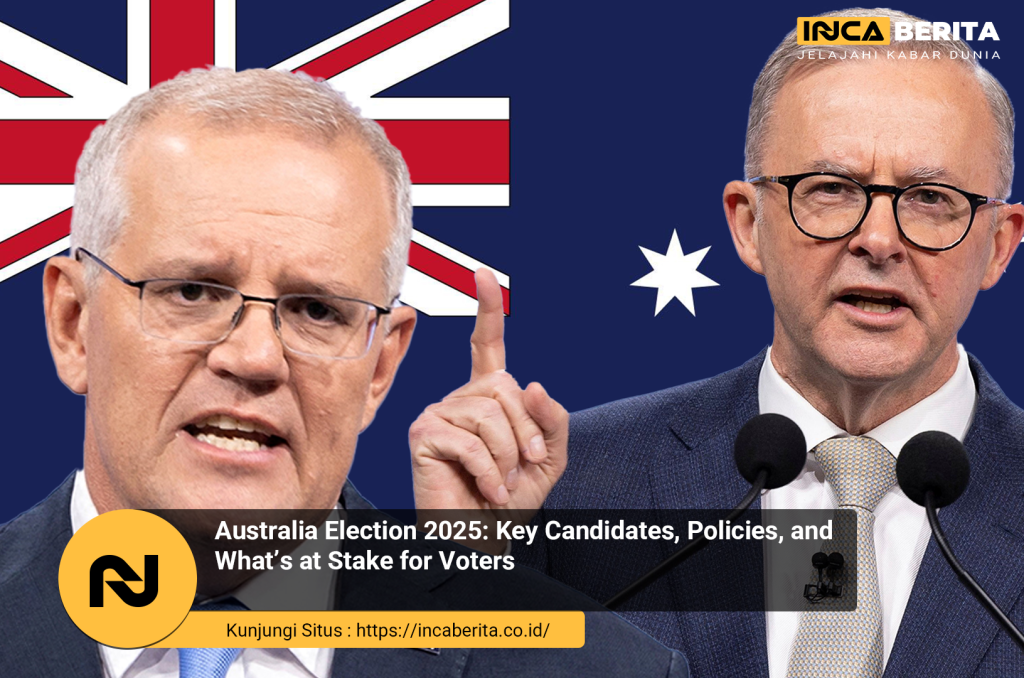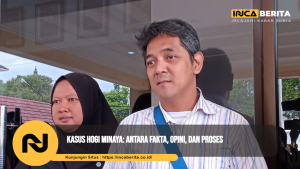Australia Election 2025: Key Candidates, Policies, and What’s at Stake for Voters

Australia Election 2025 is fast approaching, and if you think it’s just another political event, think again. This Australia Election promises to be one of the most pivotal in recent memory, with key candidates offering sharply different visions for the country’s future. From climate action to healthcare and the economy, what’s on the table will directly impact everyday Australians. Whether you’re a first-time voter or a seasoned political junkie, understanding who’s running and what’s truly at stake is more important than ever. Let’s dive into the candidates and the critical issues shaping this election.
Who Are the Key Candidates?

When I first started paying attention to this election, I realized it’s not just about the usual suspects anymore. Sure, the Australian Labor Party (ALP) and the Liberal-National Coalition are still the heavyweights, but there’s an increasing number of independents and smaller parties making waves.
Labor’s leader is championing big promises on climate change and social welfare. I remember feeling hopeful when I heard about their commitment to ramp up renewable energy projects and boost funding for public healthcare. But having followed elections before, I’m cautious. Politicians often make grand promises during campaigns that don’t fully materialize once they’re in office. Still, the focus on climate and social issues is a step in the right direction.
The Coalition, meanwhile, is emphasizing economic stability, infrastructure, and job creation. They’re pushing for investments in traditional industries and supporting small businesses. My friend who runs a local business told me how important tax policies are for him, so these promises hit home. But sometimes, it feels like the Coalition’s approach downplays the urgency of climate action, which is frustrating given the environmental challenges we’re facing.
Then there are the independents and smaller parties like the Greens, who bring fresh perspectives, especially on environmental protection and local community issues. I’ve always admired how some independents really connect with their voters on a personal level, but it’s tough to say how much influence they’ll have in Parliament dominated by big parties.
What Are the Major Policies on the Table?
Digging into the policies, climate change is arguably the hottest topic. Labor is aiming for ambitious emissions cuts by 2030, focusing heavily on renewable energy. It sounds promising, but Australia’s economy still leans heavily on coal, so the transition won’t be easy. The Coalition’s plan is more cautious—they want to balance emissions reduction with protecting jobs in mining and related sectors. It’s a tough balancing act, and honestly, it’s frustrating to see the debate sometimes stall when the planet needs urgent action.
Healthcare is another critical issue. Labor plans to increase funding for public hospitals and mental health services, which is something close to my heart. I’ve seen friends struggle to get timely mental health support, so this policy feels necessary. The Coalition also promises healthcare improvements but focuses more on efficiency and involving the private sector. I’m curious to see how that will play out because healthcare access is a lifeline for many.
Education is getting a lot of attention too. Labor wants to pump more funds into public schools and make TAFE courses free, which sounds like a win for students and families. The Coalition supports school choice and vouchers, which can be good for some but might leave public schools underfunded. It’s a tricky issue, and I can see both sides, but I lean towards stronger public education investment.
On the economy, both sides promise growth and jobs but take different paths. Labor is pushing green jobs and tech innovation, while the Coalition leans on traditional industries and tax cuts for businesses. I remember chatting with a mate who owns a small startup, and he said tax relief could really help him expand. So, these policies aren’t just political jargon—they affect real people’s livelihoods.
Why This Election Matters to You
Now, I get it—sometimes elections feel like a big, confusing mess where your vote doesn’t seem to matter. But from what I’ve learned, that’s not true. This election will shape Australia’s future in ways that affect all of us.
If you care about climate change, this election could determine whether Australia finally commits to serious action or keeps dragging its feet. For families relying on public healthcare and education, the policies decided now will affect access and quality for years. And for workers and business owners, it’s about the kind of economy that will support them.
More than that, it’s about trust. I’ve noticed more people talking about wanting politicians to be transparent and accountable. If they don’t deliver, voter turnout drops and disillusionment grows. So, voting is not just a right—it’s a way to hold leaders accountable.
My Takeaway: Stay Informed and Vote
Honestly, I’m still sifting through all the global info and trying to cut through the noise. What’s clear is this election feels like a crossroads. The candidates and their policies matter, but so does how we engage as voters.
Don’t just listen to slogans or headlines. Look at the policies, check candidates’ track records, and think about what matters most to you and your community. Voting might not be perfect, and politicians can be frustrating, but it’s our chance to shape the future. And that’s pretty powerful.
If you want, I’m happy to help break down specific candidates or policies more. Just ask!
Read Also About: Lucy Spacecraft
The Lucy spacecraft is embarking on one of the most ambitious missions in space exploration: a journey to study the Trojan asteroids, a group of ancient celestial bodies that orbit the Sun alongside Jupiter. Launched by NASA, Lucy’s mission will help scientists understand the early solar system by examining these asteroids, which are considered remnants from the formation of the planets. In this post, we’ll dive into the details of Lucy’s mission, its scientific objectives, and why studying the Trojan asteroids is so crucial to our understanding of the solar system’s history.






